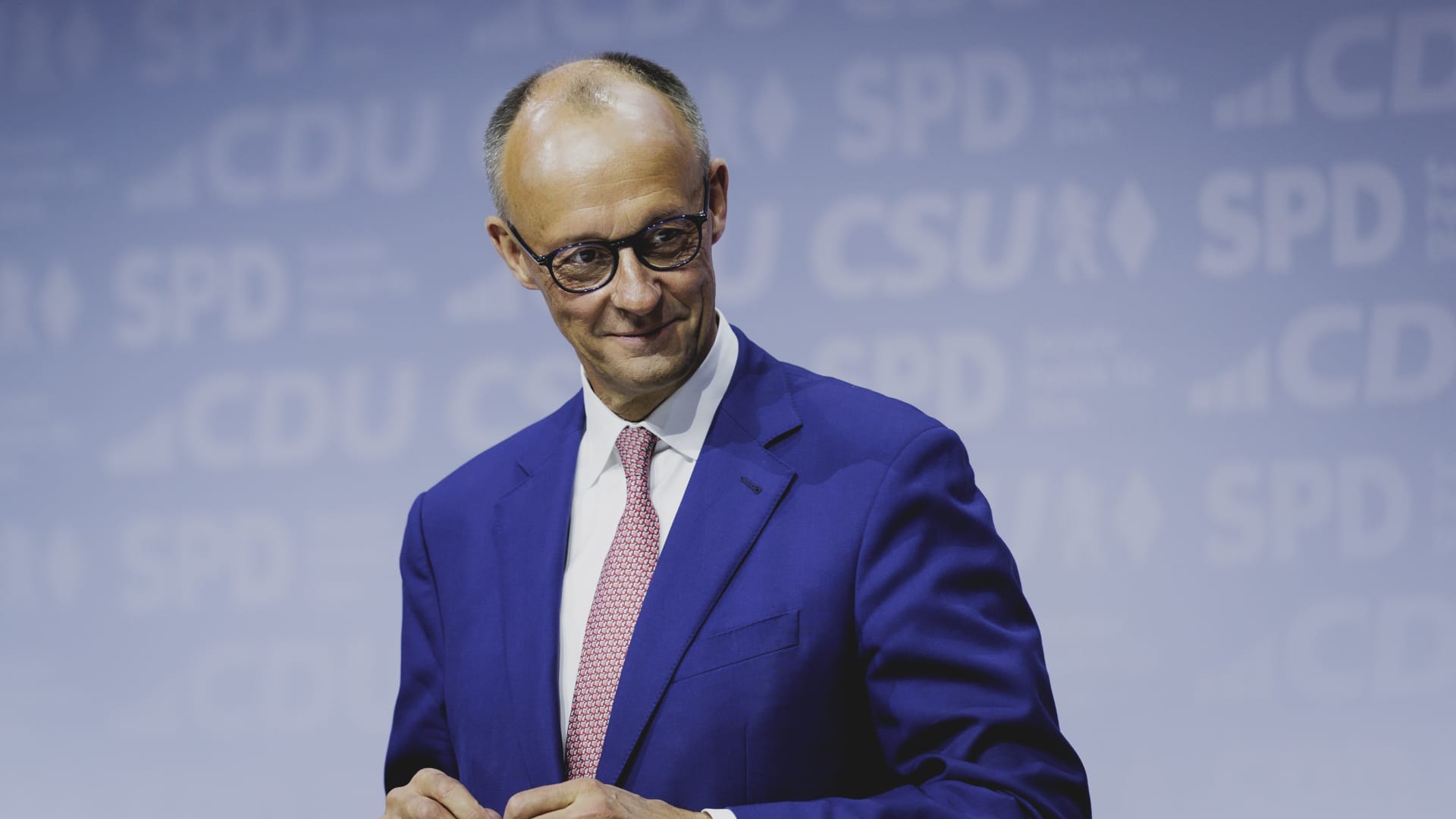A Political Earthquake
The political landscape in Germany has been jolted by an unexpected setback that has left both domestic and international observers stunned. Friedrich Merz, the leader of Germany’s Christian Democratic Union (CDU), has failed to secure the necessary votes to become the country’s next chancellor. This unprecedented event has sent ripples through the political establishment, raising critical questions about the future of German politics and the stability of the new coalition.
The Vote and Its Ramifications
The Bundestag, Germany’s federal parliament, convened on a fateful Tuesday to elect the chancellor. The stakes were high, and the atmosphere was tense. To clinch the position, Merz needed to secure a majority of at least 316 votes out of the 630 seats. However, the outcome was far from what he had anticipated. The exact number of votes Merz garnered remains unclear, but it was evident that he had fallen short of the required threshold. This failure in the first round of voting is a historic first for a chancellor-in-waiting, adding a layer of complexity to the political dynamics in Germany.
The immediate impact of this setback is profound. The future of the new black-red coalition, which Merz had hoped to lead, is now in jeopardy. The coalition, a delicate balance of center-right and center-left ideologies, was seen as a beacon of stability in turbulent times. However, Merz’s failure to secure the necessary votes has plunged the coalition into uncertainty, leaving many to wonder about the next steps.
The Political Landscape
Friedrich Merz is no stranger to the political arena. His career spans decades, marked by a conservative stance and a vocal critique of former Chancellor Angela Merkel. Despite never holding a top government position, Merz’s influence within the CDU is undeniable. His promise of stronger leadership in Europe had initially positioned him as a formidable contender for the chancellorship. The CDU, along with its Bavarian sister party, the Christian Social Union (CSU), had been working tirelessly to form a coalition with either the Social Democratic Party (SPD) or the Greens. This coalition was envisioned as a means to bridge ideological divides and create a stable government. However, Merz’s failure to secure the chancellorship has thrown this plan into disarray, forcing all parties involved to reassess their strategies.
Factors Contributing to the Setback
The reasons behind Merz’s failure are multifaceted and deeply rooted in the political and social fabric of Germany. One of the primary factors is the internal divisions within the CDU. The party has been grappling with internal strife, particularly in the aftermath of Angela Merkel’s departure. This internal turmoil has weakened Merz’s support base within his own party, making it difficult for him to rally the necessary votes.
Additionally, the broader political climate in Germany has been tumultuous. The country is grappling with economic stagnation, rising concerns over migration, and increasing polarization. These issues have made it challenging for any political leader to garner widespread support. The economic stagnation, in particular, has left many Germans feeling anxious about their future, making them more cautious in their political choices.
The rise of populist movements and the increasing polarization of society have also played a role. These movements have capitalized on the discontent and frustration of the populace, making it difficult for traditional political parties to maintain their support base. The Greens, for instance, have gained significant traction by focusing on environmental issues, while the far-right Alternative for Germany (AfD) has capitalized on anti-immigration sentiments.
The Road Ahead
The failure of Merz to secure the chancellorship does not necessarily spell the end of his political career. However, it does highlight the significant challenges he will face in the coming months. The CDU and its coalition partners will need to reassess their strategies and potentially seek new alliances to form a stable government. This could involve reaching out to smaller parties or even considering a grand coalition with the SPD, a move that would require significant compromises from both sides.
For Germany, this setback underscores the need for political stability and unity. The country faces significant challenges, both domestically and internationally, and a strong, stable government is essential to address these issues effectively. The economic stagnation, for instance, requires bold reforms and a coherent economic policy. The rising concerns over migration need to be addressed through a balanced approach that respects human rights while ensuring national security. The increasing polarization of society requires a political leadership that can bridge divides and promote unity.
A Pivotal Moment for German Politics
The failure of Friedrich Merz to secure the chancellorship in the first round of voting marks a pivotal moment in German politics. It highlights the internal divisions within the CDU, the challenges of forming a stable coalition, and the broader political turmoil in the country. As Germany navigates these uncertain times, the need for strong leadership and political unity has never been more apparent.
The coming months will be crucial in determining the future direction of German politics and the stability of its government. The CDU and its coalition partners will need to work together to find a way forward, even if it means making significant compromises. The German people, meanwhile, will be watching closely, hoping for a government that can address their concerns and lead the country through these challenging times. The political earthquake that has shaken Germany is a wake-up call, a reminder that stability and unity are not luxuries but necessities in the face of uncertainty. The road ahead is fraught with challenges, but with the right leadership and a united front, Germany can emerge stronger and more resilient.

